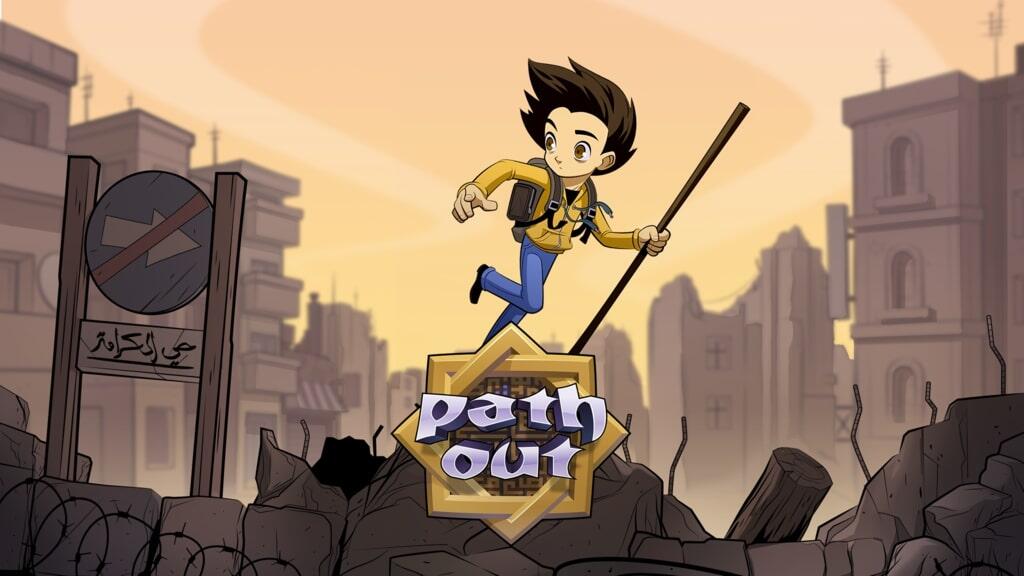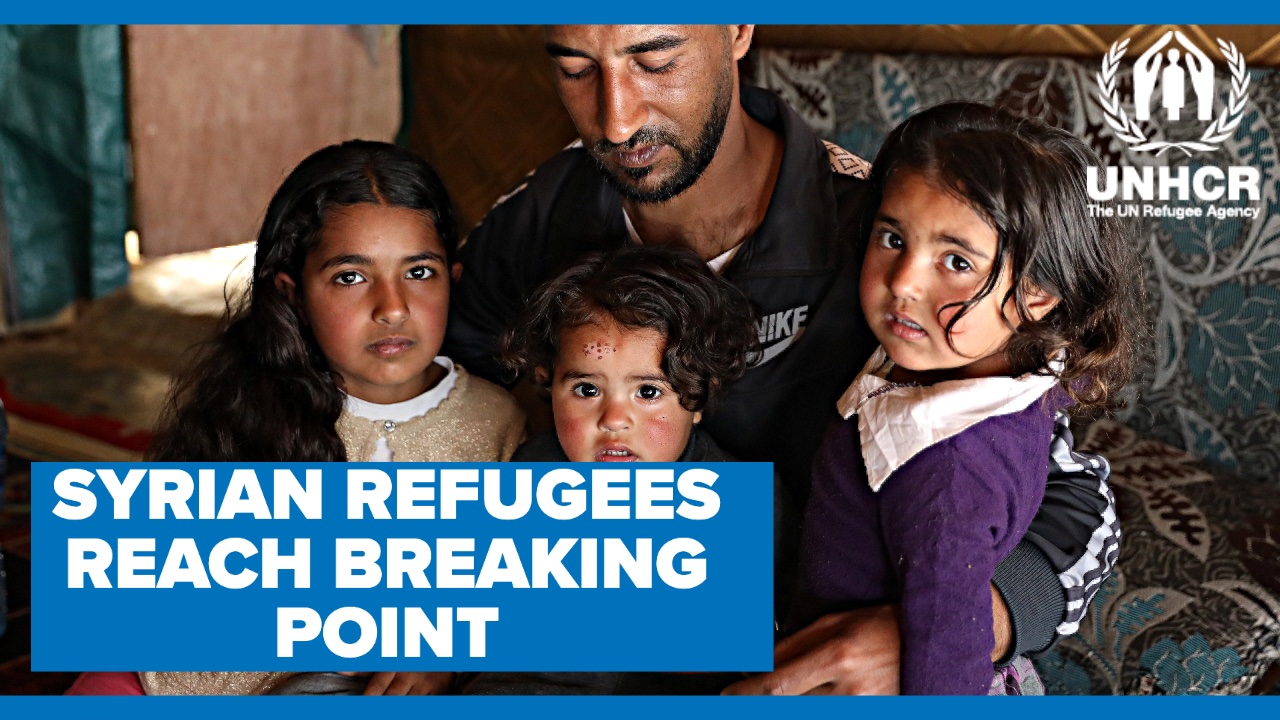Syrian sisters repay a mother's selfless care and love in Damascus
Syrian sisters repay a mother's selfless care and love in Damascus

DAMASCUS, Syria, June 8 (UNHCR) - Every morning, Amal,* a single mother, wakes up early to get her children ready for school. She feels good, because she knows they will be safe and free from any immediate threat of conflict.
The 42-year-old arrived in the Syrian capital a year ago after a long and dangerous journey over the past four years from their home area of Al-Hajar Al-Aswad in southern Damascus. Amal last saw her husband three years ago and has for the past year been living with their eight children, aged 12 to 21 years, in the Khan Danoon shelter.
"We haven't heard any news of my husband since he went missing," said the dedicated mother. "I found myself responsible for raising eight children alone. I've always tried to cover the absence of their father so that my children don't feel the loss." She doesn't like to talk about their escape from the war zone or her husband's disappearance.
She worked hard to provide food and basic needs for her children. "I've earned a living from house cleaning, knitting, crocheting and embroidery," said Amal. "I've tried to earn enough to give my children living conditions similar to back home."
Amal's situation was made even harder by a deteriorating medical condition. She is a diabetic with a heart disorder. Her children rallied and found jobs to raise money for a badly needed heart operation.
Two of her daughters, twenty-two-year-old Rasha,* a psychology student, and secondary school student Rawaa,* aged 19, volunteered with a local non-governmental organization called Al-Nada, that runs vocational training and remedial classes in the Khan Danoon shelter with support from UNHCR. Now both are employed as teachers.
With the benefits the two girls were receiving, Amal was able finally to get cardiac surgery. "When they said I should undergo the surgery and that they would help pay, I was overwhelmed," Amal said. "Those who were my little children one day, and now they are grown up and taking responsibility for me."
Now recovered from the surgery, Amal, who once dreamed of being a pharmacist, has resumed her old activities and provides advice and practical assistance to women in the shelter.
UNHCR, along with NGO partner Al-Nada, is supporting several activities for women and children. These include remedial classes, vocational training, psychosocial support and recreational activities. Since August last year, 450 women have benefitted from the vocational training. Small grants to start businesses are also available.
Amal is proud of her family's achievements and she hopes that someday they will return to their home and resume their old life. "No matter how we tried to overcome difficulties, it's still a life that cannot be compared with our past life."
* Names changed for protection reasons
By Qusai Alazroni in Damascus, Syria








